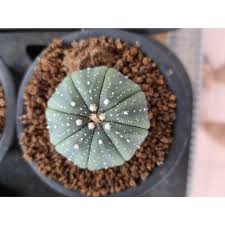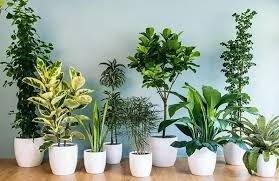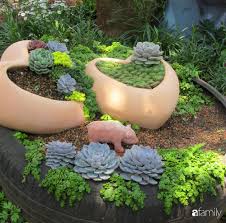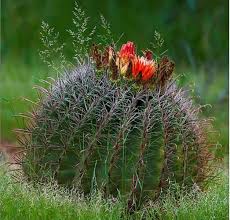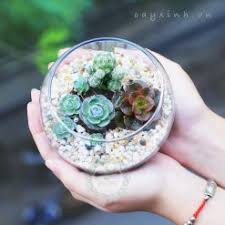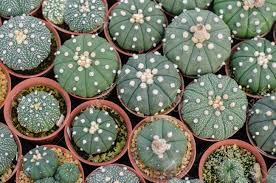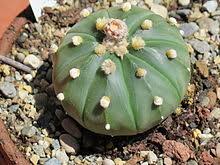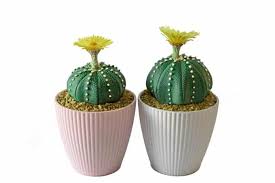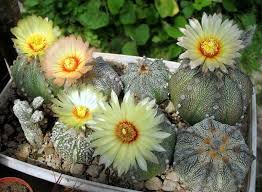The Changes in Modern Family Life in China: Shifting Dynamics and Evolving Traditions
Over the past few decades, China has undergone a profound transformation, evolving from a largely agrarian society to a global economic powerhouse. This sweeping change has influenced almost every aspect of life, and one of the most significant areas of transformation has been family life. The modern Chinese family is experiencing shifts in structure, values,
